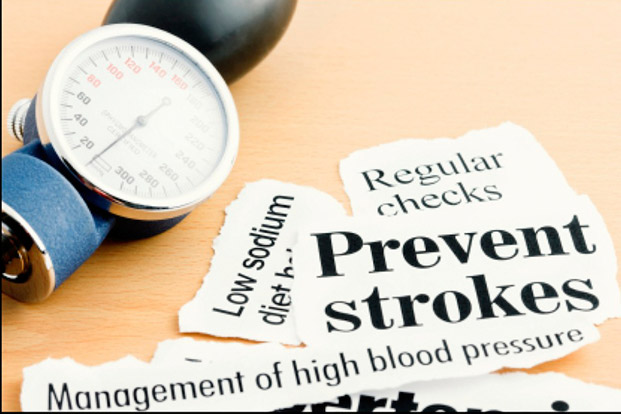Understand and Prevent Stroke- World Stroke Day
Apr 19, 2022
Experts say one in six Indians is prone to stroke. Globally Stroke causes more deaths than malaria, tuberculosis and AIDS put together. However it is yet to gather much public awareness and support.
What is Stroke?
Stroke is an attack of the brain, when the blow flow to an area of the brain is disrupted. This may be caused due to a blood clot that blocks the flow to the brain or when a brain vessel ruptures in the brain. In both the cases, a lack of blood causes the brain cells to die and leads to brain damage. The impact of the Stroke depends on the area of the brain damaged.
What are the signs of Stroke?
FAST is an acronym to remember to recognize the symptoms of stroke.
F– Face: If the person is having difficulty in smiling or when one part of the smile droops.
A-Arms: If the person cannot lift one of the arms.
S– Speech: If the person has slurred speech or has difficulty speaking.
T– Time: Rush to a tertiary care hospital as fast as possible to get immediate expert medical care. Reaching in the golden hour is essential.

What are the other symptoms of Stroke?
The symptoms mentioned above are noticed in 60% of the patients, however in 40% of the cases some additional symptoms are seen.
- Sudden numbness or weakness in the arms, legs or face, especially in one side of the body.
- Sudden confusion, trouble speaking or understanding.
- Sudden trouble seeing in one or both eyes.
- Sudden trouble walking, dizziness, loss of balance or coordination.
- Sudden severe headache with no known cause.
Know your Stroke risk?
A simple annual checkup will help you know your Stroke risk : remember to do them annually – ECG, stress test, 2D ECHO, blood sugar, lipid profile, kidney function test. Also check your blood pressure.
- Know where to rush. Find out the tertiary care hospitals near you that have the facility of CT, ICU and a Neuro Care Centre to conduct thrombolysis.
How can I prevent Stroke?
You can prevent stroke by keeping a check on your life style and the below mentioned aspects.
- High Blood Pressure
- High Cholesterol
- Smoking
- Alcohol Consumption
- High Homocystein level
- Lack of exercise
- Obesity








